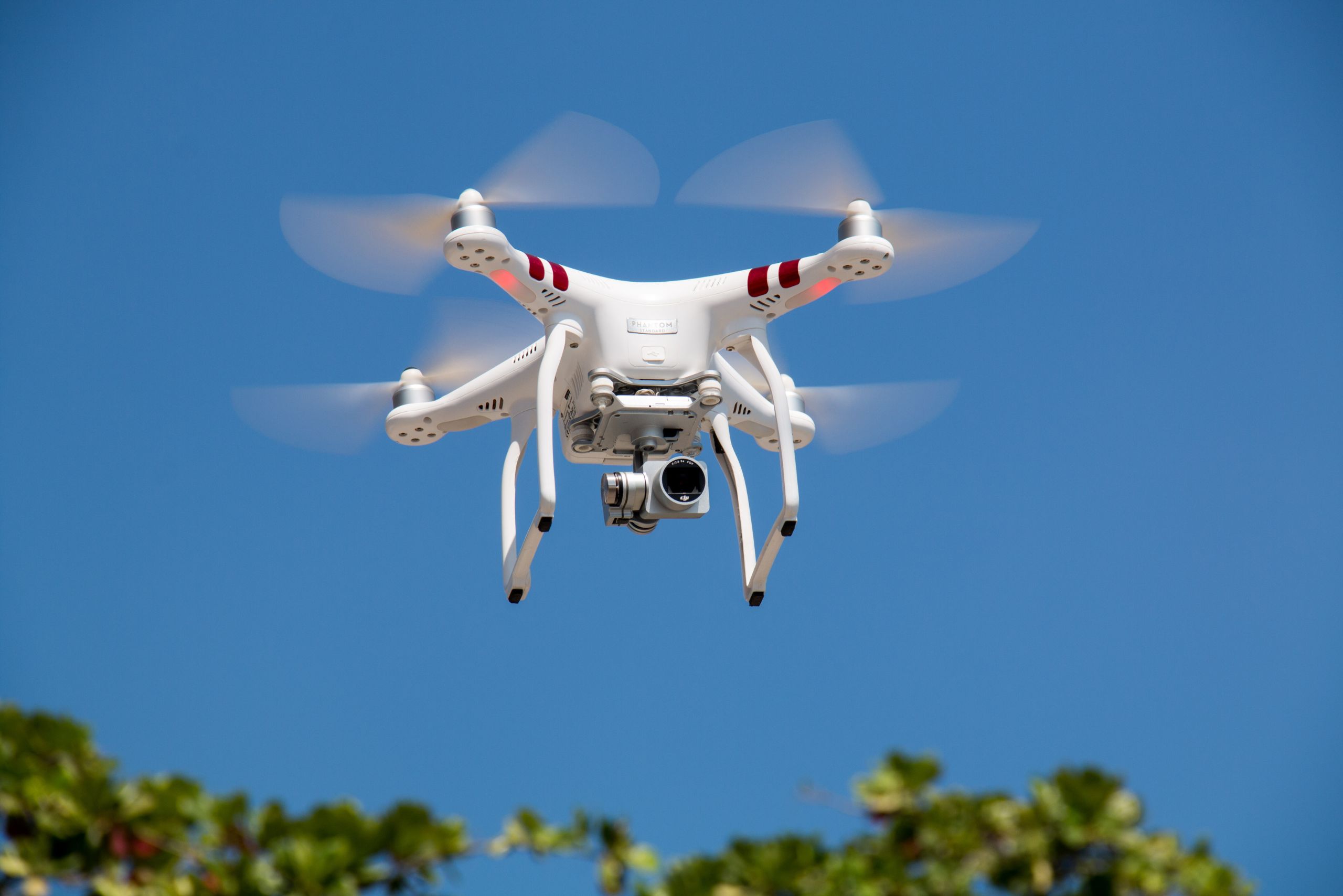Introduction
When it comes to powering your drone, the choice of battery can significantly impact your flying experience. Two common options for drone batteries are Lithium Polymer (LiPo) and Lithium-Ion (Li-Ion) batteries. To help you make an informed decision, we’ll compare these two types of batteries for a drone and discuss their pros and cons.
Lithium Polymer Batteries (LiPo)
What Are LiPo Batteries?
Lithium Polymer batteries, or LiPo batteries, are lightweight, rechargeable power sources commonly used in drones. These batteries consist of multiple cells, and each cell typically has a nominal voltage of 3.7 volts. LiPo batteries are known for their high discharge rates, making them suitable for applications that require bursts of power, like drone takeoffs and maneuvers.
Advantages of LiPo Batteries
LiPo batteries offer several advantages for drone enthusiasts:
- High energy density, providing longer flight times.
- Lightweight and compact, allowing for more extended flight durations.
- High discharge rates, enabling rapid acceleration and sharp maneuvers.
- Quick and easy recharging.
Disadvantages of LiPo Batteries
However, there are some drawbacks to using LiPo batteries:
- Susceptible to physical damage and swelling if not handled or stored properly.
- Limited lifespan, with a finite number of charge and discharge cycles.
- Prone to voltage drop during use, which can affect flight stability.
- Lithium-Ion Batteries
What Are Lithium-Ion Batteries?
Lithium-Ion batteries, or Li-Ion batteries, are commonly found in many electronic devices, including some drones. These batteries have a more stable and reliable chemistry compared to LiPo batteries, and each cell typically has a nominal voltage of 3.6 to 3.7 volts.
Advantages of Lithium-Ion Batteries
Li-Ion batteries have their own set of advantages for drone users:
- Longer lifespan, with a higher number of charge and discharge cycles.
- Less susceptible to physical damage and swelling.
- Better voltage stability during use, ensuring smoother flights.
- Lower self-discharge rate, allowing for longer storage without significant power loss.
Disadvantages of Lithium-Ion Batteries
Nevertheless, Li-Ion batteries come with some limitations:
- Lower energy density compared to LiPo batteries, resulting in shorter flight times.
- Heavier and bulkier, impacting drone agility.
- Slower discharge rates, leading to reduced maneuverability.
- Slower charging times compared to LiPo batteries.
- Comparing LiPo and Lithium-Ion Batteries
Performance
When it comes to performance, LiPo batteries excel in providing high energy density and discharge rates, making them ideal for drones requiring agility and power. Li-Ion batteries, on the other hand, offer more stable voltage, which can lead to smoother flights but at the cost of reduced energy density and discharge rates.
Weight and Size
LiPo batteries are lightweight and compact, making them perfect for smaller drones. Li-Ion batteries are heavier and bulkier, better suited for larger drones where weight and size are not as critical.
Durability
LiPo batteries are more susceptible to physical damage and have a limited lifespan, while Li-Ion batteries are more durable and have a longer lifespan due to their stable chemistry.
Cost
LiPo batteries are generally more affordable than Li-Ion batteries, which can be a crucial factor for budget-conscious drone enthusiasts.
Charging and Safety
LiPo batteries charge quickly but require careful handling and storage to prevent swelling and damage. Li-Ion batteries have a more forgiving nature when it comes to charging and storage.
FAQ Section
Q1: Can I use LiPo batteries in any drone?
A1: LiPo batteries can be used in many drones, but it’s essential to check your drone’s specifications to ensure compatibility. Some drones are specifically designed for LiPo batteries, while others may use Li-Ion or other battery types.
Q2: Are Li-Ion batteries safer than LiPo batteries?
A2: Li-Ion batteries are generally considered safer due to their more stable chemistry. However, safety also depends on proper handling, storage, and adherence to manufacturer guidelines.
Q3: How can I extend the lifespan of my drone batteries?
A3: To prolong the lifespan of your drone batteries, store them in a cool, dry place, avoid overcharging, and follow the manufacturer’s recommendations for maintenance and usage.
Conclusion
In the Lithium Polymer vs. Lithium-Ion debate for drone batteries, there’s no one-size-fits-all answer. The choice between these two battery types depends on your specific drone, flying style, and budget. Consider your priorities, whether it’s flight time, maneuverability, or cost, and make an informed decision.
For any further questions or personalized advice, feel free to reach out to an expert in drone batteries. Remember, choosing the right battery is essential for maximizing your drone’s potential and your flying enjoyment.


